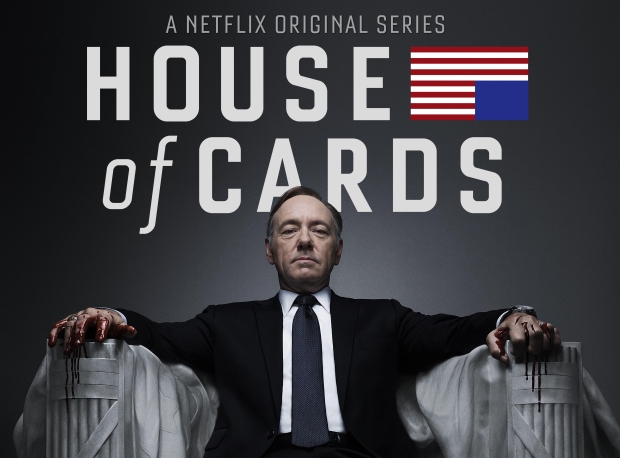Planning a surprise is difficult. Take, for example, a recent surprise party I planned for a friend turning 30—there was an added layer of secrecy to our conversations, as we tried to cover our tracks and avoid any suspicions. We were, after all, relying on that moment of surprise to take an ordinary celebration and make it extraordinary.
Surprise has become one of the latest tactics in marketing in recent years. In 2013, Beyoncé sparked a shift in the music industry by dropping her self-titled visual album unannounced. Social Media blew up as her fans flocked to their computers to listen to her new material, celebrating the fact that their days improved with the release.
In 2015, Netflix used a similar strategy by releasing its new season of ‘House of Cards’ a few days earlier than the scheduled release date. In this scenario, instead of having no notice, fans who were waiting for the announced release date were gifted with a few extra days to binge-watch their favorite show.
So how does the element of surprise play into public relations? The strategy depends on emotions first—your ultimate goal has to include provoking excitement in your audience, so you need to make sure whatever the announcement is, it will create a shock factor. You have to reserve this strategy for the best of announcements too—you need to have some build up in advance, whether it’s through an already established following or a pattern where the announcement is somewhat expected yet equally as exciting once it happens. A warning though–if you use this strategy too often, the shock factor will go down. Surprise happens when the audience least expects it.
In PR though, surprise isn’t always welcomed. For projects that may affect a greater population, whether for good or bad, it’s better to remain transparent and make sure they are aware of any upcoming announcements. In the Trump administration, 45 can’t help but tap back into his days as a reality TV star, and tries to tease those shocking moments he has built up in his mind. Unfortunately, in Trump’s case, surprise doesn’t play to his favor—most announcements are met with anger instead of excitement.





